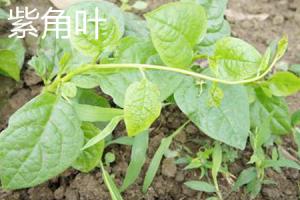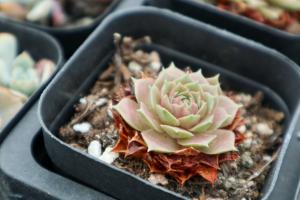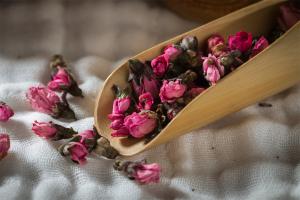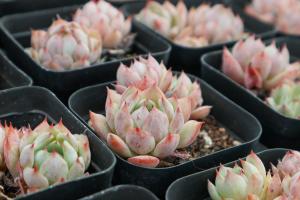Are Rubber Tree Plants Poisonous to Birds?
Rubber tree plants, also known as Ficus elastica or rubber figs, are popular houseplants known for their thick, waxy leaves and easy care requirements. While rubber tree plants can be great additions to your home decor, owners of birds may wonder whether their feathered friends can safely live around these plants since the health and well-being of birds are essential not only for their owners but also for the birds themselves. Unfortunately, the answer is not straightforward.
The Risks of Rubber Tree Plant Poisoning in Birds
The leaves and stems of rubber tree plants contain a sap called latex that can be irritating or even toxic to birds if ingested. The severity of the effects of rubber tree poisoning can vary from mild to severe and even lead to death. Since birds are curious creatures that may nibble on things that should not be eaten, including houseplants, it is crucial to keep them away from rubber tree plants or any other plants that may be harmful to them.
Identifying Rubber Tree Poisoning Symptoms in Birds
If you are an owner of a bird that has access to rubber tree plants, it is crucial to know the symptoms of rubber tree poisoning and act fast when you notice any symptoms. Symptoms to watch out for include difficulty breathing, disorientation, vomiting, lethargy, and seizures. In some cases, a bird may show no signs of discomfort when it consumes small amounts of latex. However, it is still essential to monitor them for any changes in behavior or symptoms, such as decreased activity or appetite or distended crop.
Preventing Rubber Tree Plant Poisoning in Birds
Preventative measures are vital in ensuring the safety and well-being of birds since the risk of poisoning from rubber tree plants is high. As earlier mentioned, birds may nibble on anything curious to them, including houseplants. Therefore, it is advisable to keep their cages or habitats away from rubber tree plants or any other hazardous houseplants. If you have a rubber tree plant, ensure you keep it in a place out of reach of your birds, hang it from the ceiling, or use a tall stand where your birds cannot reach it.
However, if your bird does come in contact with rubber tree sap, take immediate action by offering some water, followed by activated charcoal, which can help neutralize the toxins in the bird's digestive system. You should then contact your veterinarian immediately, who will advise you on the next course of action.
Conclusion
In summary, rubber tree plants can be harmful to birds, and owners must take measures to prevent their birds from coming into contact with these plants. Symptoms to look out for include difficulty breathing, vomiting, disorientation, lethargy, and seizures. It would be best to contact your veterinarian immediately if you observe any of these symptoms in your bird to avoid lasting damage or death. Keep your birds safe and healthy by ensuring any hazardous plants are kept out of their reach.

 how many times do yo...
how many times do yo... how many planted tre...
how many planted tre... how many pine trees ...
how many pine trees ... how many pecan trees...
how many pecan trees... how many plants comp...
how many plants comp... how many plants can ...
how many plants can ... how many plants and ...
how many plants and ... how many pepper plan...
how many pepper plan...































